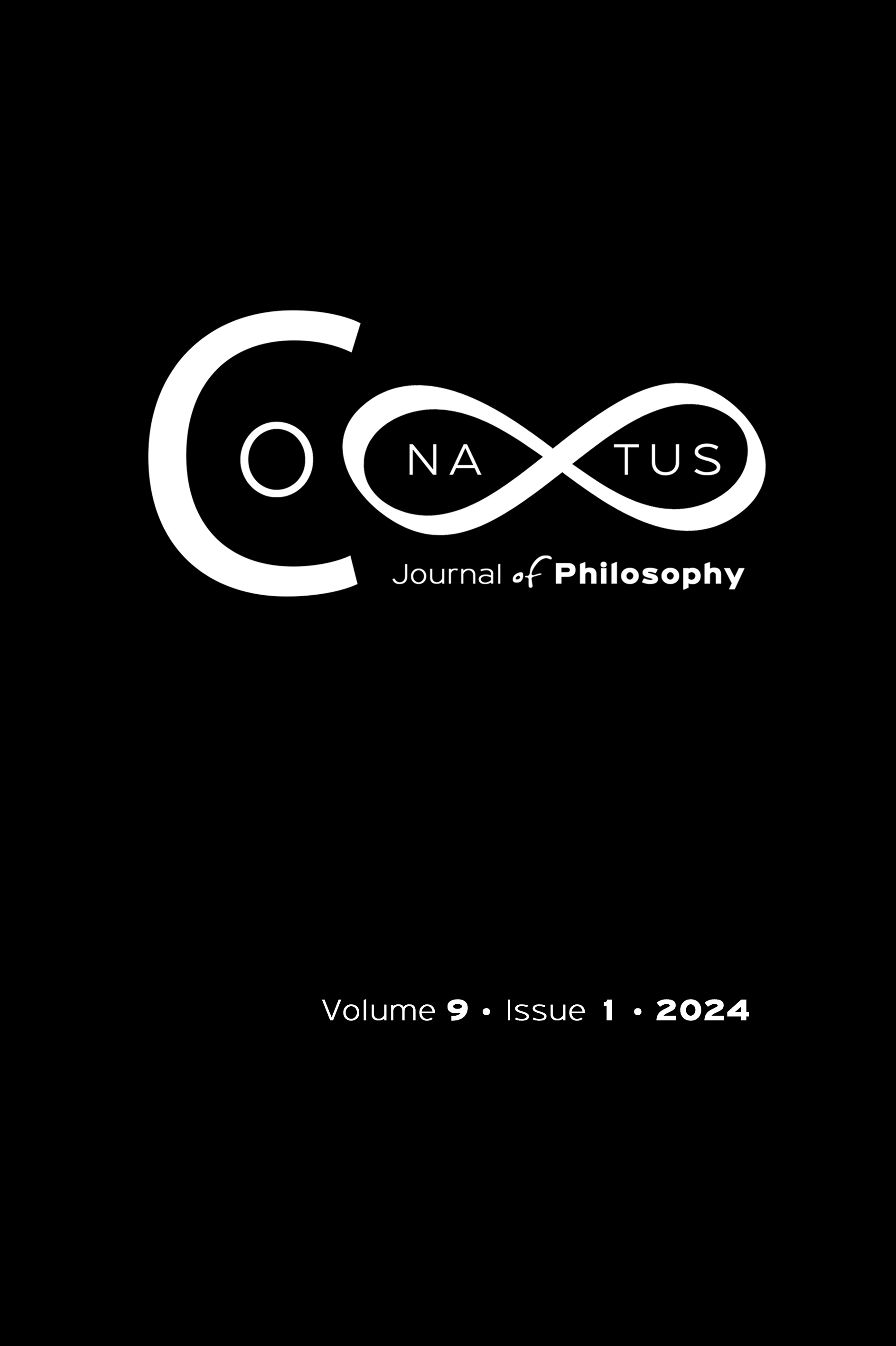Understanding the Concept of Being in general: From Being and Time back to Young Heidegger

Abstract
This paper exhibits a way of understanding Heidegger’s concept of being in general [Sein überhaupt] – the central aim of Being and Time’s questioning – by getting insight into his early years. I argue that the term “being” [Sein] as Heidegger understands it in the early 1920s describes the meaningful relation between humans and the things of their surrounding world which is given to us as a fact. I maintain that Sein überhaupt refers to this fact, i.e., the fact that every particular being is always with a certain meaning for us. I come to this conclusion by exploring (1) Heidegger’s early analysis of Umwelterlebnis, (2) his early description of medieval transcendentia, (3) his critique of formalization and the introduction of formal indication. Lastly, (4) I observe the way Heidegger introduces the concepts of Sein and Sein überhaupt pointing to the simple fact of beings’ being in meaningful relation to us.
Article Details
- How to Cite
-
Filippopoulos, Y. G. (2024). Understanding the Concept of Being in general: From Being and Time back to Young Heidegger. Conatus - Journal of Philosophy, 9(1), 9–32. https://doi.org/10.12681/cjp.32079
- Section
- Articles

This work is licensed under a Creative Commons Attribution-NonCommercial 4.0 International License.
Authors who publish with this journal agree to the following terms:
Authors retain copyright and grant the journal right of first publication with the work simultaneously licensed under a Creative Commons Attribution Non-Commercial International License (CC BY-NC 4.0) that allows others to share the work with an acknowledgement of the work's authorship and initial publication in this journal.
Authors are able to enter into separate, additional contractual arrangements for the non-exclusive distribution of the journal's published version of the work (e.g. post it to an institutional repository or publish it in a book), with an acknowledgement of its initial publication in this journal.
Authors are permitted and encouraged to post their work online (preferably in institutional repositories or on their website) prior to and during the submission process, as it can lead to productive exchanges, as well as earlier and greater citation of published work.





